
Dr Amos Folarin
Senior Software Development Group Leader
Biography
Amos Folarin is the Senior Software Development Group Leader at King’s College London's NIHR Maudsley Biomedical Research Centre. His background is in biochemistry/molecular biology. #
He moved into the computational biology field and has since worked as a data scientist/software developer over the last 16 years (Inpharmatica, Birkbeck, University College London, King’s College London, South London and Maudsley NHS Foundation Trust).
Amos joined the Maudsley BRC Bioinformatics group in 2012 as the Software Developer Group Lead with a goal of creating an embedded software development team to drive strategic projects for the Maudsley BRC and the South London and Maudsley NHS Foundation Trust.
Amos is currently working on developing the RADAR-base data collection platform for remote monitoring using wearable devices, mobile phone sensors, and mobile apps. Other projects of interest include monitoring seasonal infectious diseases, deep-learning image analysis pipelines for high-content screening.
Research Interests
- Mobile Health (mHealth)
- Clinical Informatics
- Bioinformatics and Genetics
Research
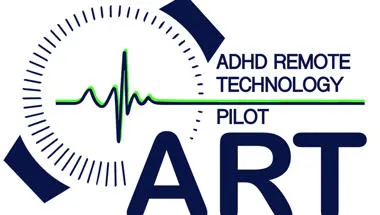
ART-pilot
The ADHD Remote Technology pilot feasibility study (ART-pilot) involves the initial development stages of the new remote measurement technology system for ADHD
Project status: Completed
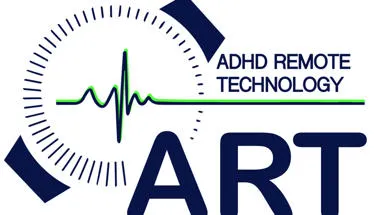
ADHD Remote Technology (ART)
The ADHD Remote Technology (ART) research programme focuses on the development and application of a novel remote measurement technology system for ADHD
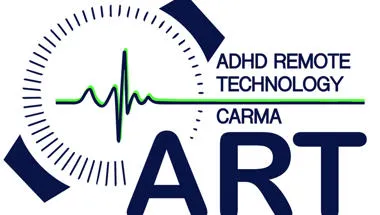
ART-CARMA – The ADHD Remote Technology study of cardiometabolic risk factors and medication adherence
ART-CARMA, the ADHD Remote Technology study of cardiometabolic risk factors and medication adherence, is a large remote monitoring project on adults with ADHD.
Project status: Ongoing
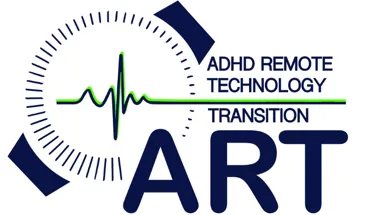
ART-transition - ADHD Remote Technology and ADHD transition: predicting and preventing negative outcomes
ADHD Remote Technology and ADHD transition: predicting and preventing negative outcomes (ART-transition) is a five-year MRC-funded research programme.
Project status: Ongoing

EDIFY
EDIFY is a four-year programme of research focused on how we understand and treat eating disorders in young people.
Project status: Ongoing
News
£2.5m funding to study transition to adulthood for individuals with ADHD
The Medical Research Council (MRC) has awarded £2.5 million funding to principal investigator, Professor Jonna Kuntsi, and team to use remote technology to...
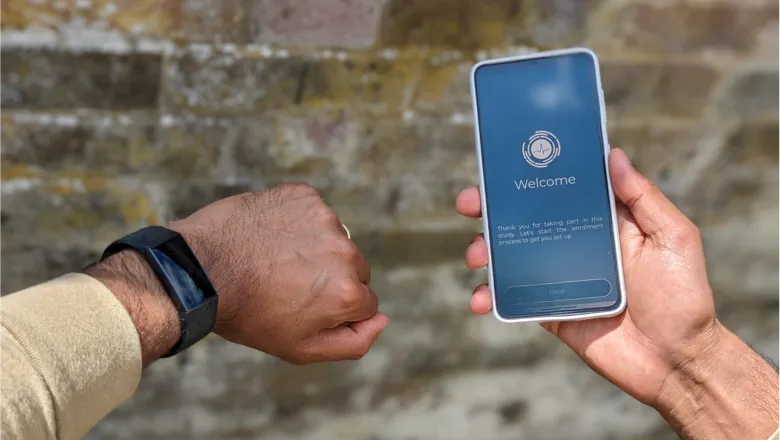
Can wearables like Fitbit devices be used to help detect COVID-19?
The COVID-Collab research team at King’s College London have launched a free mobile app which will allow scientists to investigate the use of wearable devices...

Research

ART-pilot
The ADHD Remote Technology pilot feasibility study (ART-pilot) involves the initial development stages of the new remote measurement technology system for ADHD
Project status: Completed

ADHD Remote Technology (ART)
The ADHD Remote Technology (ART) research programme focuses on the development and application of a novel remote measurement technology system for ADHD

ART-CARMA – The ADHD Remote Technology study of cardiometabolic risk factors and medication adherence
ART-CARMA, the ADHD Remote Technology study of cardiometabolic risk factors and medication adherence, is a large remote monitoring project on adults with ADHD.
Project status: Ongoing

ART-transition - ADHD Remote Technology and ADHD transition: predicting and preventing negative outcomes
ADHD Remote Technology and ADHD transition: predicting and preventing negative outcomes (ART-transition) is a five-year MRC-funded research programme.
Project status: Ongoing

EDIFY
EDIFY is a four-year programme of research focused on how we understand and treat eating disorders in young people.
Project status: Ongoing
News
£2.5m funding to study transition to adulthood for individuals with ADHD
The Medical Research Council (MRC) has awarded £2.5 million funding to principal investigator, Professor Jonna Kuntsi, and team to use remote technology to...

Can wearables like Fitbit devices be used to help detect COVID-19?
The COVID-Collab research team at King’s College London have launched a free mobile app which will allow scientists to investigate the use of wearable devices...

